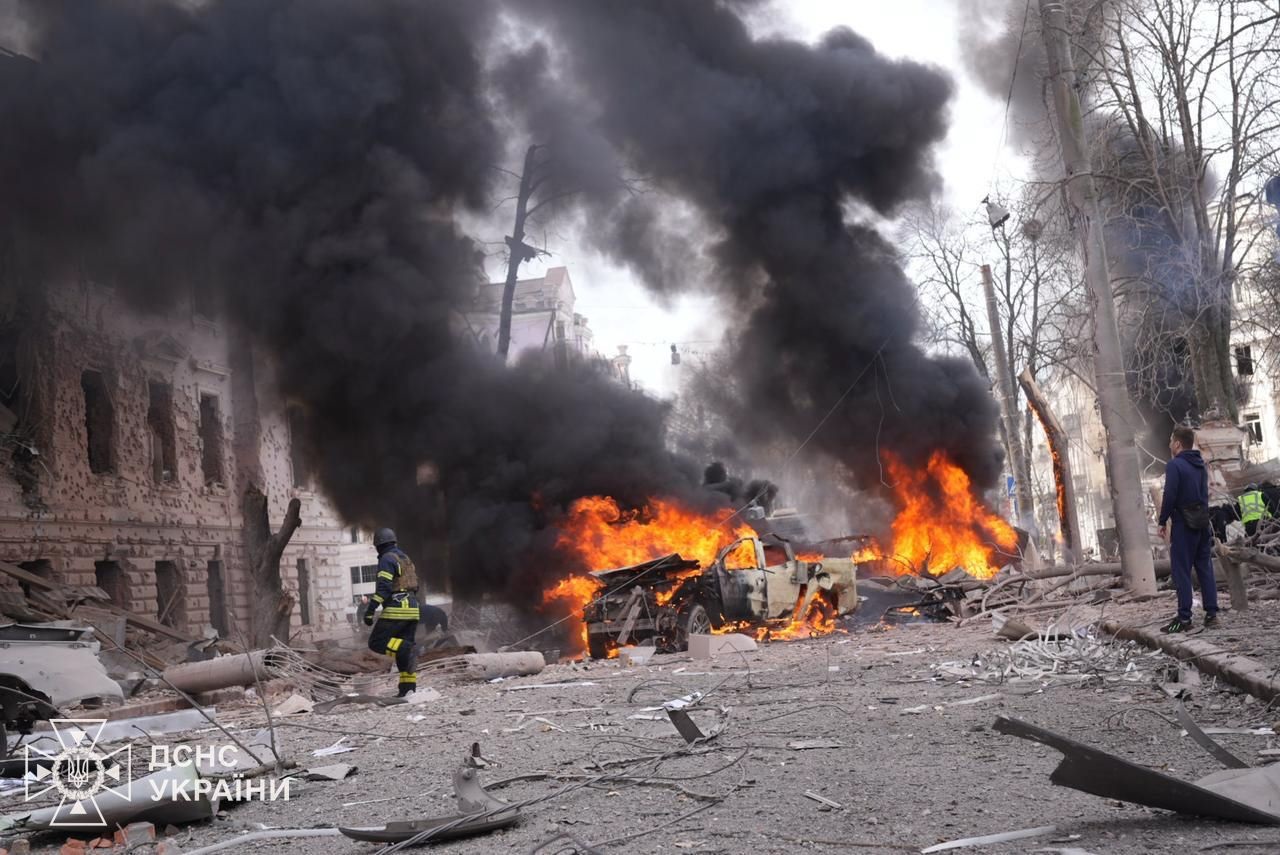The Disinfectants Scandal
Of the total of 3,500 samples collected from Romanian hospitals, less than 5% were found non-compliant

Mihai Pelin, 05.05.2016, 13:24
Within months of the deadly fire at the Colectiv nightclub in Bucharest, which killed 64 people and raised questions regarding the flaws in the healthcare system, a new scandal involving the Health Ministry has surfaced. An independent investigation by journalists with the Gazeta Sporturilor newspaper revealed that the main producer and distributor of disinfectants used in Romanian hospitals was supplying products with a much lower concentration than stipulated on the label. The authorities collected samples from hospitals, and tests revealed however that the disinfectants used by the medical and nursing staff were efficient in 95% of the cases. Health Minister Patriciu Achimas-Cadariu gave assurances that patients are in safe hands for the time being.
Still, the investigation into the case is far from being over. Romania presently has no possibility to run physical and chemical testing on the disinfectants used in hospitals. Prime Minister Dacian Ciolos has called on the Health Minister to come up with a solution in this respect in the shortest time possible.
In another development, the Prosecutor Generals Office has launched its own investigation. Of the 3,500 samples collected from the hands of medical staff, surfaces and objects in 300 hospitals, less than 5% tested non-compliant.
Patriciu Achimas Cadariu: “The testing was carried out in the laboratories of healthcare units, public health directorates and in private laboratories. We tested to see how the disinfectant was used in the cleaning process and whether it was successful in destroying bacteria on hands and objects.
The company in question is supplying 350 hospitals all across Romania, and its antiseptics are being used in over 2,000 operating theaters, as the manufacturer itself claims. The products are used in surgical hand scrubbing and to clean operating tables and disinfect scalpels. Moreover, they are also used in cleaning regular wards and ICU.
Company representatives have put the distribution on hold and taken steps to shed light on this matter. The company has collected samples from multiple batches of disinfectants and sent them for testing in laboratories in Germany. One of the immediate effects of these tests is that hospital managers may now freely discard antiseptics that have proved ineffective. In a 2014 report of the European Centre for Disease Prevention and Control, Romania ranked first in terms of the resistance of healthcare-associated bacteria to any type of medical treatment. According to official statistics, some 3.8 million Romanians receive in-hospital care every year, and one-fifth of them are children.






























